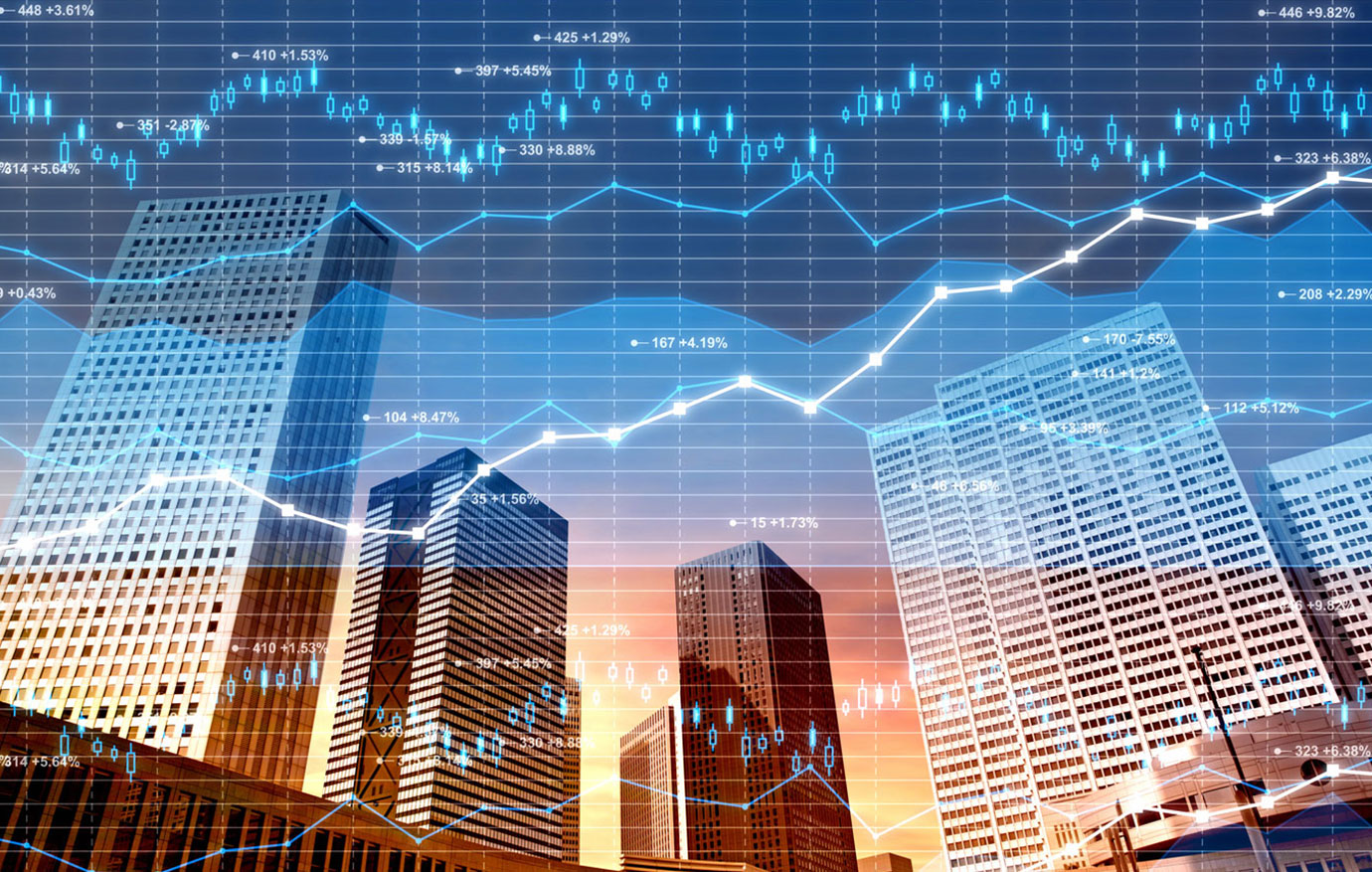
BUSINESS LEADERS in the Philippines identified infectious disease as the top risk in the next few years, as this could continue to disrupt operations and impede global trade.
The World Economic Forum’s (WEF) World Risk Report 2021 said extreme weather and climate action failure are top global risks by likelihood, as it had since the 2019 report.
But infectious diseases entered the top four for the first time this year after the coronavirus disease 2019 (COVID-19) pandemic brought severe economic costs.
“It threatens to scale back years of progress on reducing poverty and inequality and to further weaken social cohesion and global cooperation,” the report said.
“Job losses, a widening digital divide, disrupted social interactions, and abrupt shifts in markets could lead to dire consequences and lost opportunities for large parts of the global population.”
John Forbes, senior advisor at the American Chamber of Commerce of the Philippines, said in an e-mail that foreign investors in the Philippines face the risks of COVID-19’s potential resistance against herd immunity and vaccination.
Foreign investors believe that business activity will recover to pre-pandemic conditions by the end of 2021 and return to its pace as a top growing economy, Mr. Forbes said, but risks to economic recovery remain.
“Perhaps the biggest risk is that the Philippines will fail to implement adequately key lessons from the pandemic, such as improving the internet, strengthening public health and education, reducing restrictions on foreign investment, and over-reliance on exporting labor,” he said.
For now, the lack of vaccine availability is the top risk for the country, Semiconductor and Electronics Industries in the Philippines, Inc. (SEIPI) President Danilo C. Lachica said in a mobile message.
He said the pandemic disrupts operations, impedes worker availability, keeps expatriates from traveling, and hampers the supply chain.
“It’s easier said than done, but it would help for the government to accelerate the vaccine acquisition and subsidize the cost, like most countries do. Prevention is difficult because the Philippines may not have adequate expertise and capacity,” he said.
“It’s important to work closely with developed countries and world organizations like the World Health Organization.”
Beyond the direct effects, infectious diseases like COVID-19 are set to hasten existing global economic trends.
Protectionism will be accelerated, according to Philippine Exporters Confederation, Inc. President Sergio R. Ortiz-Luis, Jr.
“The protectionism of countries is a big risk, along with COVID-19 fears and the protocols involved,” he said in mixed English Filipino in a phone interview.
Global business could become costlier and uncertain, WEF said in its report, as states implement protectionist policies to preserve domestic jobs.
“In some economies, companies operating in industries critical to national resilience may face proposals for expropriation, nationalization or an increased government stake; in other sectors, firms may be encouraged or coerced to onshore supply chains and bring back jobs.”
The younger generation will likely see more financial and education risks, WEF said, potentially creating disillusionment as they face fewer opportunities.
The pandemic also accelerated digitalization through the increased need for online education and e-commerce, a trend that could also exacerbate digital inequality.
“A widening digital gap can worsen societal fractures and undermine prospects for an inclusive recovery,” the report said.
